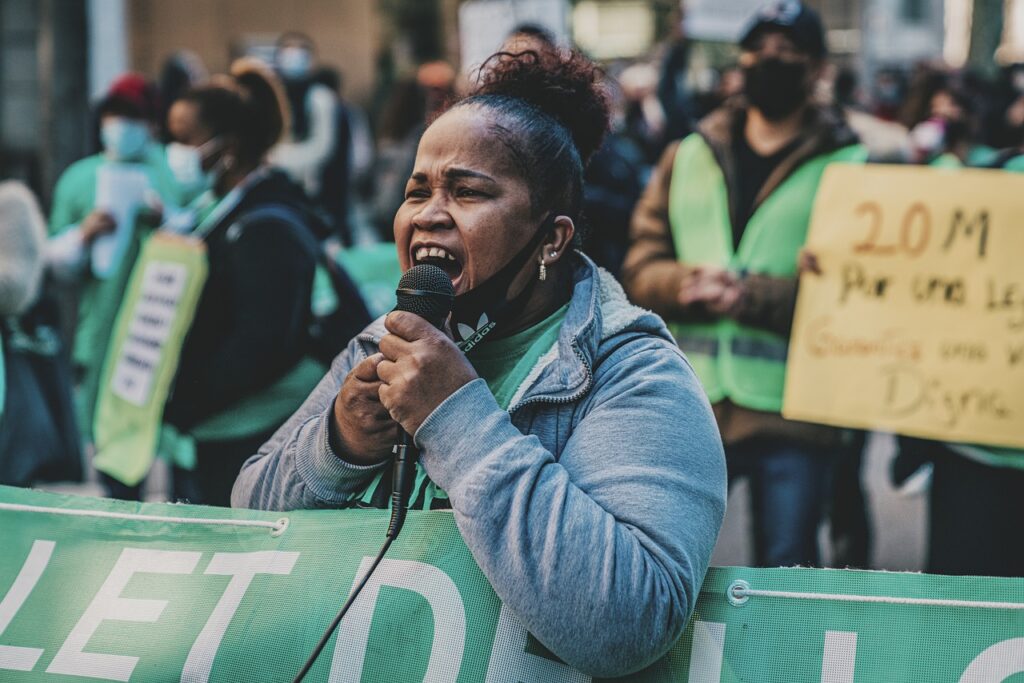
When people take to the streets, they often feel a strong sense of injustice. Psychologist Dr. Paul Slovic has studied how feelings of unfairness can drive people to protest. When individuals perceive that they or their communities have been wronged, the emotional response can be powerful enough to push them into action. This sense of injustice is a key motivator for many protesters.
Another important factor is the feeling of solidarity. Protests bring people together who share similar beliefs and concerns. This collective identity can be incredibly empowering. Sociologist Dr. Charles Tilly emphasized that when people join together in a protest, they feel part of something larger than themselves. This solidarity boosts their confidence and commitment to the cause.
Fear and anger also play significant roles. Studies have shown that these emotions can be potent motivators for action. Dr. Jennifer Lerner, a psychologist at Harvard University, has researched how anger, in particular, can lead to a desire for change and a willingness to take risks. When people are angry about a situation, they are more likely to engage in protest as a way to express their dissatisfaction and demand change.
The role of social media in modern protests cannot be ignored. Platforms like Twitter and Facebook allow people to quickly mobilize and organize protests. Dr. Zeynep Tufekci, a sociologist, has written extensively about how social media has transformed the dynamics of protest movements. It helps spread information rapidly, allowing protests to gain momentum and attract more participants.
Protesters also often experience a sense of duty or moral obligation. Research by Dr. James Jasper, a sociologist, suggests that many people protest because they feel it is the right thing to do. This moral conviction can be a powerful motivator, driving individuals to stand up for what they believe is just and fair, even in the face of potential danger or arrest.
The act of protesting itself can be cathartic. Expressing one’s grievances loudly and publicly can provide a sense of relief and empowerment. This emotional release can be a crucial aspect of why people choose to protest. It’s a way to visibly and audibly vent frustrations and feel heard.
Ultimately, what goes on in the mind of a street protester is a complex mix of emotions and motivations. A sense of injustice, the power of solidarity, fear, anger, the influence of social media, moral duty, and the cathartic nature of protest all contribute to why people take to the streets. Understanding these factors helps us appreciate the deep and often passionate reasons behind this form of public expression.
